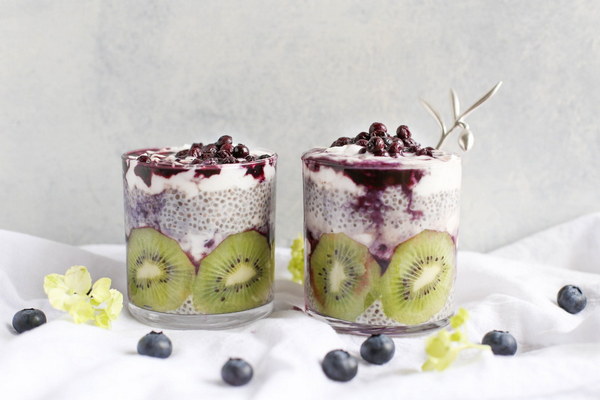Revitalize Your Locks A Comprehensive Guide to Hair Loss Prevention through Nutritional Therapy
Introduction:
Hair loss is a common concern that affects millions of people worldwide. While genetics play a significant role in hair loss, diet and nutrition also play a crucial part in maintaining healthy hair. This article provides a comprehensive guide to hair loss prevention through nutritional therapy, offering practical tips and dietary recommendations to help you revitalize your locks.
1. Understanding Hair Loss:
Hair loss can occur due to various factors, including genetic predisposition, hormonal imbalances, stress, and poor nutrition. Understanding the root cause of hair loss is essential in implementing an effective nutritional therapy plan.
2. Nutrients for Healthy Hair:
The following nutrients are crucial for hair growth and strength:
a. Protein: Hair is primarily composed of protein, making it essential for hair growth. Include high-protein foods such as lean meats, fish, eggs, legumes, and dairy products in your diet.
b. Iron: Iron deficiency is a common cause of hair loss. Consume iron-rich foods such as lean red meat, poultry, fish, beans, lentils, spinach, and fortified cereals.
c. Vitamin D: Vitamin D is vital for hair growth and repair. Get plenty of vitamin D through sunlight exposure, fatty fish, and fortified dairy products.
d. Vitamin E: This antioxidant protects hair follicles from damage and promotes hair growth. Incorporate vitamin E-rich foods such as almonds, sunflower seeds, peanut butter, and avocados into your diet.
e. Vitamin B12: B12 deficiency can lead to hair loss. Consume B12-rich foods such as lean meats, fish, dairy products, and fortified cereals.
f. Omega-3 Fatty Acids: These essential fatty acids help maintain hair moisture and strength. Include omega-3-rich foods such as fatty fish, flaxseeds, chia seeds, and walnuts in your diet.
g. Selenium: Selenium is a mineral that supports hair growth and prevents hair breakage. Consume selenium-rich foods like Brazil nuts, seafood, and whole grains.
3. Hair Loss Prevention through Dietary Strategies:
a. Increase your overall calorie intake: Ensure you're consuming enough calories to support your body's needs, as malnutrition can lead to hair loss.
b. Eat a balanced diet: Incorporate a variety of nutrient-rich foods into your diet to ensure you're getting all the essential nutrients for healthy hair.
c. Stay hydrated: Drink plenty of water to keep your hair hydrated and prevent dryness, which can lead to breakage.
d. Avoid fad diets: Fad diets that restrict certain nutrients can lead to hair loss. Instead, focus on a balanced and varied diet.
4. Foods to Include in Your Diet:
a. Lean meats: Chicken, turkey, and lean beef are excellent sources of protein and iron.
b. Fish: Fatty fish like salmon, mackerel, and sardines are rich in omega-3 fatty acids and vitamin D.
c. Eggs: Eggs are a great source of protein, vitamin B12, and iron.
d. Leafy greens: Spinach, kale, and Swiss chard are rich in iron, calcium, and vitamin A.
e. Nuts and seeds: Almonds, walnuts, sunflower seeds, and chia seeds are packed with nutrients like protein, omega-3 fatty acids, and selenium.

f. Fortified cereals and dairy products: These are good sources of B vitamins, including B12 and folic acid, which are essential for hair growth.
5. Foods to Avoid:
a. Processed and sugary foods: These foods can contribute to inflammation and nutrient deficiencies, leading to hair loss.
b. High-sodium foods: Excessive sodium intake can lead to water retention and hair loss. Reduce your intake of processed and packaged foods high in sodium.
c. Alcohol and caffeine: Excessive consumption of alcohol and caffeine can disrupt your hormonal balance and contribute to hair loss.
Conclusion:
Nutritional therapy can be an effective tool in preventing hair loss. By incorporating the right nutrients into your diet and making mindful food choices, you can support your hair's growth and strength. Remember to consult with a healthcare professional before making any significant changes to your diet or starting a new nutritional therapy plan. With the right approach, you can revitalize your locks and enjoy healthier hair.









